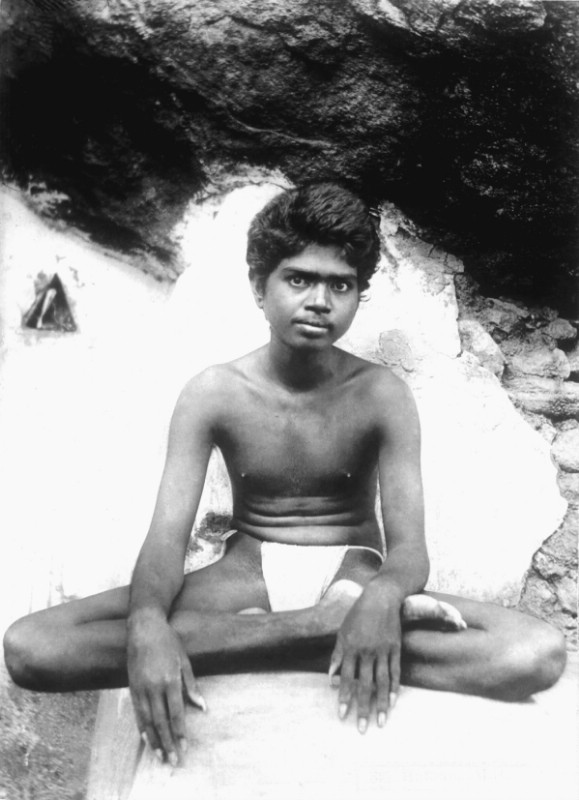Did Buddha really reject Hinduism or was it more Brahmanism which he rejected?The Buddha rejected Hinduism and discovered a path later labeled as Buddhism which of course is distinct as a religion. The middle way.
Did they actually think in terms of Hindu or Buddhist in those days, or were there simply many different ways of striving to follow dharma and Buddhism was just a drastically different one from the others?
Jainism was conceived by Mahavira around the same time as Buddhism was and also departed from many traditional Brahmanistic concepts and practices.
Nevertheless both Buddhism and Jainism are closely tied to other Hindu paths, they e.g. both have Tantric traditions that owe a lot to Hindu Tantra and all three movements share many Tantric gods and godesses eventhough their names were mostly changed after adoption.
Last edited:


